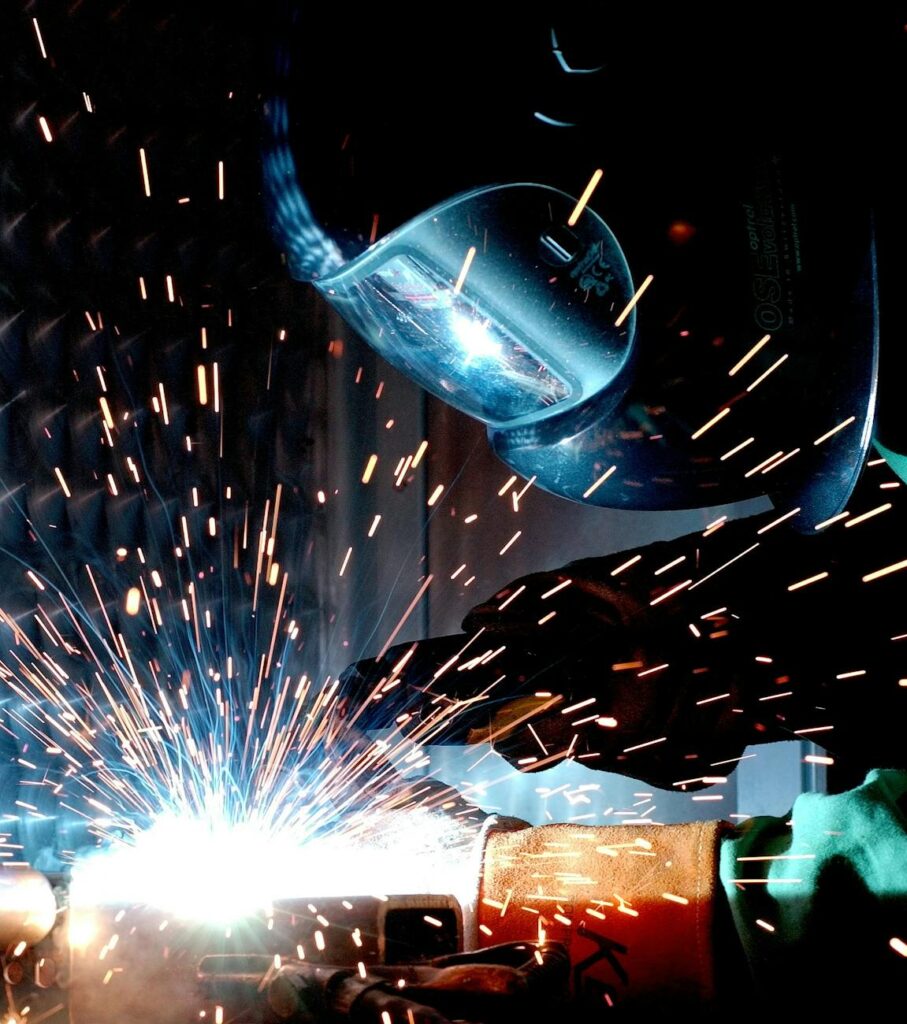The design and concept of a new molded product is an exciting phase to be involved in, especially if it was your idea initially. You will have carried out no end-of-market research to make sure that it will sell, and you may even already be exploring ideas for marketing the finished products.
There is, however, one step you have missed, and this is the manufacturing of your product. After all, there is no use putting all the effort into the design and marketing if the finished product is of shoddy quality and does not live up to your expectations. One important way of making sure this does not happen is to choose your manufacturing company carefully and learn about how your product will be put together.
#1 Check out how your product will be made
One of the best ways to ensure quality in molded products is to use rotomolding. Before you ask what is rotomolding – it is a process by which plastic is poured into a mold and rotated during cooling to ensure consistent coverage and that it will not produce any joins, seams or weakness. This allows a high level of quality to be built into your product from day one and means it should have greater longevity than any similar product created by a different method.
#2 Look at overall presentation
Using rotomolding also contributes to the overall presentation of your product as there will be no unsightly seams or burrs on the sides of your bottle, pot or cooler. This will look better in any photographs you have taken and, of course, when your customer is using it, as it will feel entirely different to competing products. It is wise not to underestimate this factor, especially if it is a product that will be used every day, like a drinks bottle your customer takes to the gym.
#3 Research production quantities
Aesthetics aside, there are more practical matters to consider when choosing your manufacturer, and that is whether or not they can make your product in the correct quantities. This will involve a large volume for a product launch, regardless of whether you will be selling online or via retail outlets. It will also mean that they will have to respond to regular orders to keep an ample supply so that you don’t run out.
Putting all this effort in only for the customer to find that you are sold out is not a good look as it could damage your relationship with them and mean they buy a competitor’s product instead. You also need to think about ordering in bulk, as this will affect the price per unit you will pay, which, in turn, will influence your profit levels.
So, to wrap it all up
It’s easy to get tied up in designer marketing and not pay attention to practicalities like how your product will be made. You need to research the different production methods as this can directly reflect on the final quality of your product and the reception it gets. You also need to consider product quantities and price and ensure that your manufacturer can meet your requirements for both.

